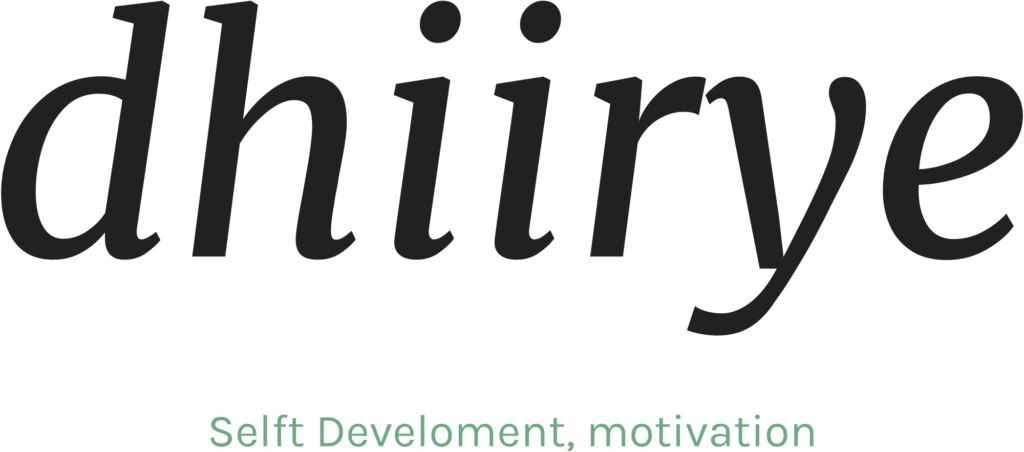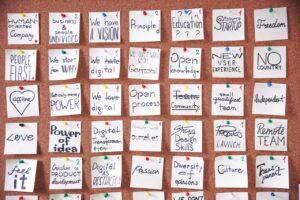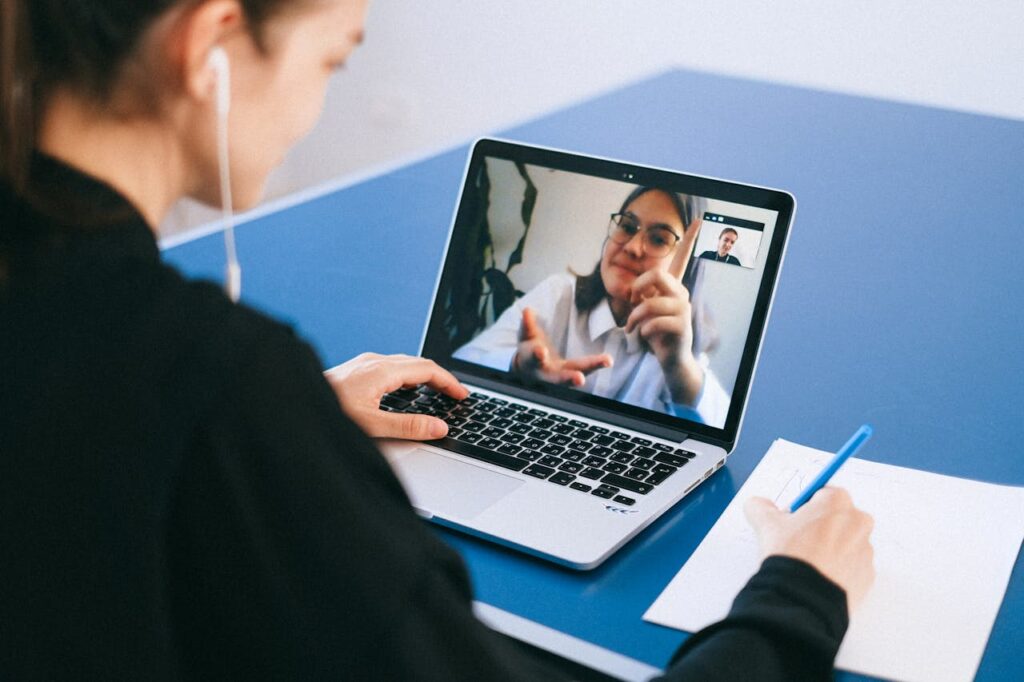In our journey through life, one of the most valuable skills we can cultivate is independence. Being independent means more than just being self-sufficient; it’s about taking charge of your life, making decisions, and navigating challenges with confidence. Here are some essential steps to help you become more independent:
-
Self-Reflection and Awareness
Know Yourself: Understanding your strengths, weaknesses, values, and goals is crucial. Self-awareness forms the foundation upon which independence is built.
Identify Dependencies: Recognize areas where you rely on others excessively and assess if these dependencies are hindering your growth.
-
Developing Critical Life Skills
Financial Literacy: Learn to manage your finances, budget effectively, and save for the future.
Problem-Solving: Cultivate your ability to assess situations, find solutions, and make decisions independently.
Time Management: Organize your time efficiently to balance responsibilities, leisure, and personal growth.
-
Building Confidence and Assertiveness
Believe in Yourself: Embrace your capabilities and be confident in your decisions.
Assertive Communication: Express your thoughts, needs, and boundaries clearly and respectfully.
-
Taking Initiative and Responsibility
Set Goals: Establish short-term and long-term goals to give your life direction and purpose.
Initiate Action: Don’t wait for things to happen—take the initiative to create opportunities and pursue your ambitions.
Own Your Decisions: Take responsibility for your choices and learn from both successes and failures.
-
Cultivating Independence in Relationships
Healthy Boundaries: Establish and maintain boundaries in your relationships to ensure mutual respect and independence.
Interdependence: Balance independence with the ability to collaborate and support others in meaningful ways.
-
Continuous Learning and Adaptability
Seek Knowledge: Stay curious and keep learning new skills and information to adapt to a changing world.
Embrace Change: Develop resilience and adaptability to navigate life’s uncertainties confidently.
-
Self-Care and Well-Being
Physical Health: Prioritize exercise, nutrition, and adequate sleep to maintain your well-being.
Emotional Health: Practice self-care activities that promote mental and emotional balance, such as mindfulness and relaxation techniques.
-
Seeking Support and Mentorship
Learn from Others: Seek guidance from mentors and role models who embody the qualities of independence and success.
Network: Build a supportive network of friends and peers who encourage and challenge you to grow.
Conclusion
Becoming an independent person is a journey that requires self-awareness, courage, and continuous effort. By developing these skills and mindsets, you empower yourself to navigate life’s challenges confidently and achieve personal fulfillment. Remember, independence is not about isolation but about mastering the art of self-reliance while nurturing meaningful connections with







